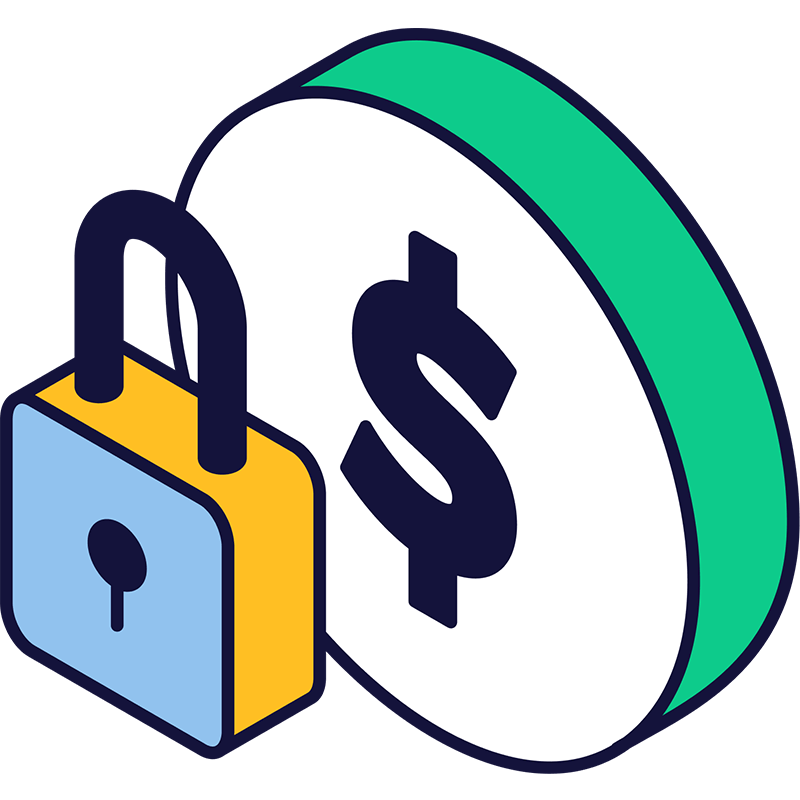
Hey Startups, is your cash safe?
We’ve had a lot of inquiries over the last week, and rightly so, amidst the collapse of Silicon Valley Bank (“SVB”) and with the latest news of Credit Suisse being in trouble, most Startups want to ensure they protect themselves and are doing everything possible.
Many Startups have a similar banking arrangement to the following;
a traditional bank for their day-to-day operations and a savings account;
a Money Services provider (MSP) for their foreign transactions (e.g. Wise* or Airwallex*); and/or
a Financial Technology Company (FTC) for their day-to-day expense management (e.g Airwallex* or Weel*); and
potentially one or more foreign bank accounts in another location (US, UK, Asia).
With all of the questions we’ve been asked, there been a number of commons themes. We’ve been able to respond to a fair few questions, which we’d like to share with you below.
Is my money safe at an international Bank?
It’s much easier for us to talk about the Australian landscape as we know it well, but generally speaking, for our foreign counterparts, if the foreign Bank you use is a deposit taking institution (“Bank”), then it is possibly protected by a form of government backed Financial Insurance, which as an example, is FDIS in the USA and FSCS in the UK.
Is my money safe in an Australian bank?
Well, if it’s a Bank authorised by APRA and you have a specific type of account, you will be covered by the Financial Claims Scheme (FCS) for up to $250,000. Anything above and beyond that is determined by the Bank’s ability to pay out your funds and therefore linked to the Bank’s financial health.
How to assess a Bank’s financial health?
Well, to start, hopefully there is publicly available information to use, and secondly hopefully this is regulated, which will be the case for most Banks. Whilst financial health is more than just the short-term ratios, one area of particular interest is the Banks liquidity, as this will determine whether they are able to pay their short-term liabilities as they become due. Which was an achilles heel in the case of Silicon Valley Bank.
What do I do if my “Bank” is not listed with APRA?
Firstly, let’s get the terminology right. If your Bank is not listed with APRA, it is more than likely some sort of financial technology company (“FTC”), and we will refer to it as such.
If you transact with an FTC, you will need to determine how safe your cash really is. The terms and conditions should be available on their website with regards to the product offering and how your cash will be protected. For example, Airwallex* mentions in its terms and conditions, that an independent third party holds a bank guarantee on behalf of customers funds.
Is a bank guarantee better than the $250,000 insurance offered by FDC?
The bank guarantee is going to be based on the Bank’s ability to pay in the event you claim against it, which will largely depend on the Bank’s financial health, which was mentioned earlier as being their liquidity.
This might sound like a merry go round, so here are some tangible things to consider;
Firstly, have faith in the banking and government systems, that in the event of a crash, your cash will be honoured. Much like what the US has done to guarantee SVB’s customers. Sometimes our trust can be stretched, but globally we’ve been down this path before.
To get FDC insurance for your entire cash balance, you could split your deposits across multiple banks and each deposit should be individually eligible for the $250,000 insurance. Which sounds manageable for a balance of $1,000,000 as that would be across 4 banks, but if you multiple that out by 10, it sounds a bit daunting and might not be worth the admin.
Use a Bank or FTC that offers a similar product to Mercury’s Vault* which offers up to $3M in FDIC insurance through the use of partner Banks. Their website reads:
“Mercury Vault provides access to a sweep network of trusted banks including Goldman Sachs and Capital One (see the two lists of our sweep network banks under Evolve Documents and Choice Documents on our Legal page). This sweep network provides up to $3M in FDIC insurance by automatically spreading a customer’s deposits across up to 12 different banks, without requiring users to open and manage separate bank accounts. Mercury users can check the status of their FDIC insurance and opt into the sweep network as needed on the Vault page within their Mercury dashboard.”
Which is actually a pretty smart product.
Stick your excess cash in a treasury bill, bond or note which will be backed by the government (this is an option if you don’t need the cash anytime soon).
There is no doubt the current financial market uncertainty can be unnerving. We’ve been through this before and we’ll go through it again. Whether you’re involved in a Startup or a larger organisation it’s important to always stay focused on what you can control and stay the course.
When it comes to your businesses banking set-up, make sure you understand the product features and what potential risks may exist in how you transact. You don’t have to always plan for the worse, but if hindsight teaches us anything (not all the time), is that a little bit of due-diligence can sometimes go a long way.
There may be a trade-off you’re willing to take between cost and return when it comes to managing cash flows, cash surpluses and business banking, but make sure you weigh this risk up against the impact it might have on your broader business. Cash is the lifeblood for all businesses, so it’s best to know where it is and how secure it actually might be.
*We do not have any affiliation with these products, nor receive a fee or any other incentive from them.




